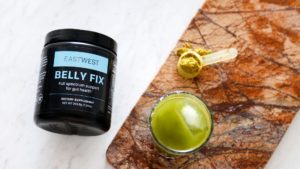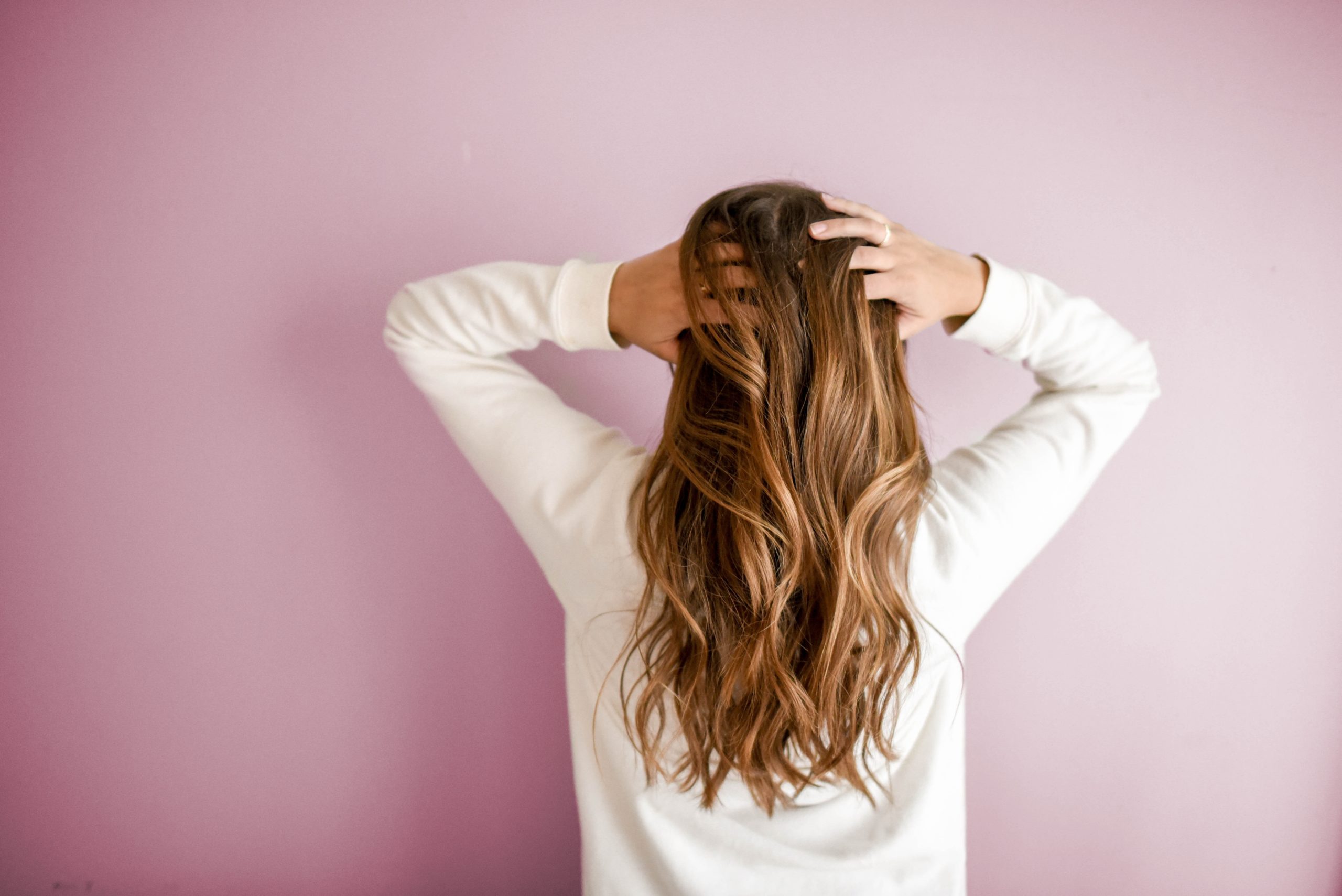Hair loss affects over 100,000 women in the US alone each year, but hair loss can sometimes be frustrating and difficult to treat – as it is often influenced by a complex range of causes including lifestyle, genetics and illness.
Stress-related hair loss is becoming increasingly common, as hectic lifestyles, hormone imbalance and nutrient deficiencies are also more prevalent in today’s world.
The answer to helping grow back hair following stress-related issues is complex and varies from individual to individual. Technically, and in most cases, it’s possible – but first it’s important to fully understand the causes of hair loss, and work to treat the root cause rather than only applying sticking-plaster solutions to fix the symptoms.
Why does stress cause hair loss?
There are a number of ways in which stress can affect the health of our hair and ultimately cause hair loss or thinning. Most commonly, periods of prolonged and/or intense stress cause a condition known as Telogen Effluvium, which results in temporary hair loss through pushing hair follicles into a ‘resting phase’ preventing them from producing new hair strands. Over time, hair can fall out more easily – even when brushing gently, washing or pulling out a scrunchie. Coincidentally Telogen Effluvium can also be influenced by poor diet and hormones – two factors that can also be symbiotically linked to stress levels.
Stress and anxiety can also cause a psychological condition called Trichotillomania, where sufferers pull at the hair or pluck hairs out when stressed or anxious.
In serious cases a condition called Alopecia Ariata can occur, where the immune system attacks hair follicles leading to the development of bald patches that may reoccur over time.
 Can topical treatments work to regrow hair lost during stressful periods?
Can topical treatments work to regrow hair lost during stressful periods?
There are many topical treatments on the market that promise to grow back hair – some are clinically proven, others backed by anecdotal evidence. The key to understanding whether these treatments could work well for you is knowing the definitive cause behind your thinning hair – as different treatments have been shown to be effective for different types of hair loss. Minoxidil for example is one of the most popular topical hair loss treatments in the US – but it is most effective against pattern baldness caused by genetics rather than stress or lifestyle-related hair thinning.
Some topical treatments contain ingredients that react with cells within hair follicles to mitigate and reduce the impact of stress response which accelerates hair thinning – but few have been clinically proven, so be sure to shop carefully.
There are some easy and simple things you can incorporate into your haircare routine to help support healthier, stronger, thicker hair. Some preventative haircare tips include:
*Regular massage: Regular scalp massages help to improve circulation, ensuring blood blow to hair follicles to improve growth and prevent hair fall. You can do this yourself, or treat yourself to a professional massage treatment every few weeks. Adding nourishing oils can help to condition and support a healthier scalp.
*Natural, chemical-free haircare products: Avoid shampoos and styling products laden with parabens, sulphates, silicones and phthalates – these can irritate the scalp and cause hair to be more brittle and prone to breakage.
*Minimize heat and styling: Using a hair dryer and heated styling tools such as curling tongs and straighteners can cause hair to be more prone to breakage, causing it to appear thinner overall. Try minimizing the amount of heat you use on your hair – protecting with a heat-resistant spray when you do.
Can stress-related hair loss be reversed?
The key to tackling the root of stress-related hair loss is tacking the root of stress itself – which can prove to be much harder than applying a serum or using specialist shampoo.
Some simple tips you can try to help reduce stress include:
*Mindful movement: Gentle exercise like yoga and pilates can help to reduce stress levels through incorporating breathwork and meditations. Any kind of exercise has been shown to help alleviate stress levels, however – try cardio, HIIT or strength and resistance training as a healthy outlet for anxiety and tension.
*Nourishing, balanced diet: A good diet really is key to ensure healthy, strong hair. Focus on whole foods and balance between unrefined carbs, lean proteins and plenty of colourful fruits and vegetables. Try to avoid fatty, sugary processed foods and alcohol, as this can impact upon hair and skin health.
 *Supplementation: Certain nutrients in particular can be beneficial for hair growth, maintaining a healthy scalp and preventing hair fall. These include biotin, B-vitamins, iron and magnesium (you can find these and more in our Lush Locks formula).
*Supplementation: Certain nutrients in particular can be beneficial for hair growth, maintaining a healthy scalp and preventing hair fall. These include biotin, B-vitamins, iron and magnesium (you can find these and more in our Lush Locks formula).
*Addressing hormone balance: Get your hormone levels checked to make sure disrupted hormone levels aren’t adding to stress-related issues, or actually causing the hair loss itself.
*Asking for help: Where stress is chronic and complex, it may be best to consult a professional to see what support they may be able to provide. There are a variety of therapies available that offer targeted support for chronic stress and mental health conditions.
In most cases, hair growth can and does return to normal following a period of stress. If you feel you’ve done all you can to tackle stress, or have entered into a calmer, more relaxed phase but still struggle with hair loss, consult an integrative MD who can help you to establish the root cause of hair thinning and offer a variety of holistic, effective treatment options.






